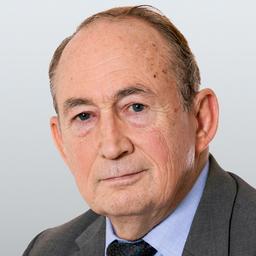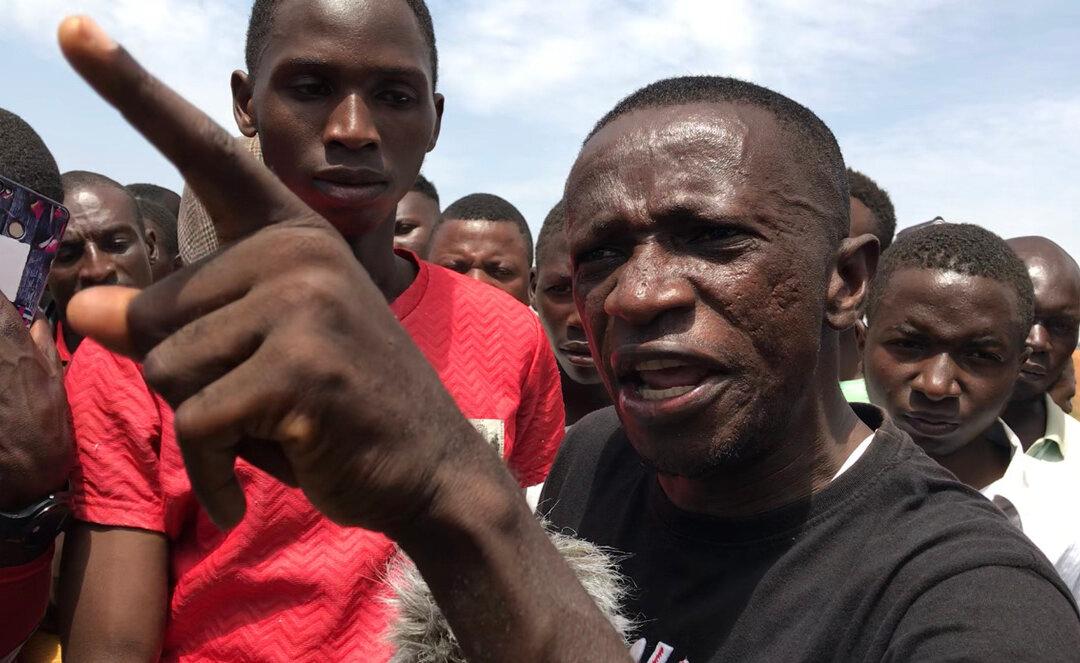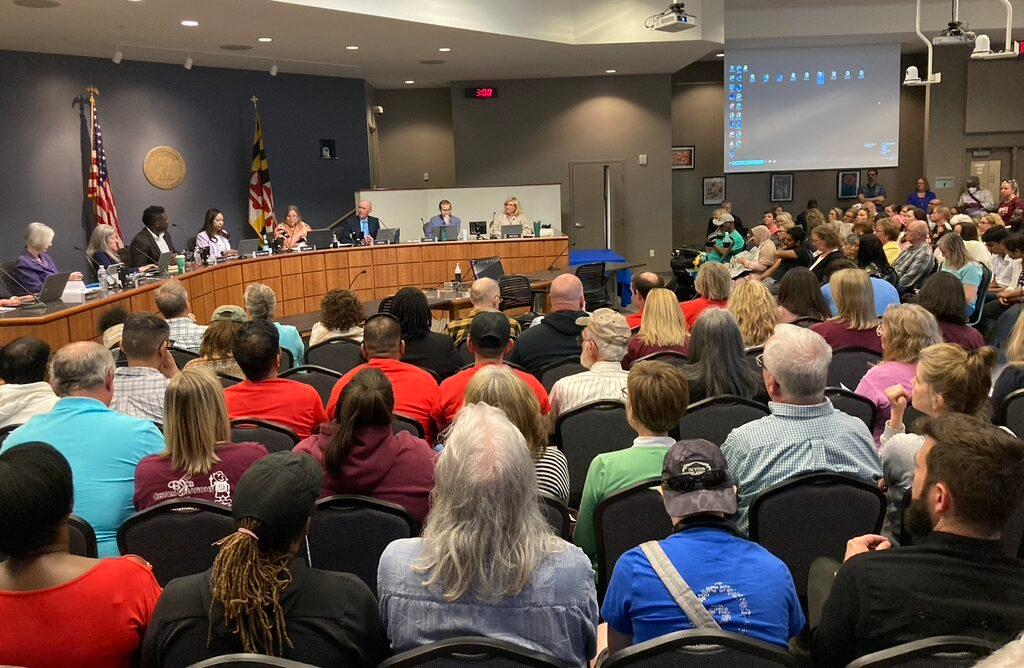Nigeria, a key U.S. ally, celebrated “Democracy Day” on June 12, the same day a former high-ranking U.S. official warned that the African nation is spiraling into chaos.
“The country is falling apart—if not already,” former Assistant Secretary of State Robert Destro told the online conference Democracy in Peril, sponsored by the International Committee on Nigeria, about the massacres, kidnappings, and ISIS-linked insurgency that have taken more than 60,000 lives, according to multiple sources.





